Optimal Timing for Roofing Services
Timing for roofing services can significantly impact the quality and longevity of the work. The ideal period depends on weather conditions, temperature, and humidity levels, which influence roofing material installation and repair processes.
Spring offers moderate temperatures and longer daylight hours, making it suitable for roofing projects. Weather is generally stable, reducing delays.
Summer provides warm weather and ample daylight, but high temperatures can affect asphalt shingles and other materials, potentially causing issues if not managed properly.
Fall features cooler temperatures and less humidity, ideal for roofing work. It allows for timely completion before winter weather begins.
Winter poses challenges such as snow, ice, and freezing temperatures, which can hinder roofing work and compromise material performance.

Optimal conditions for installation and repairs due to moderate weather.
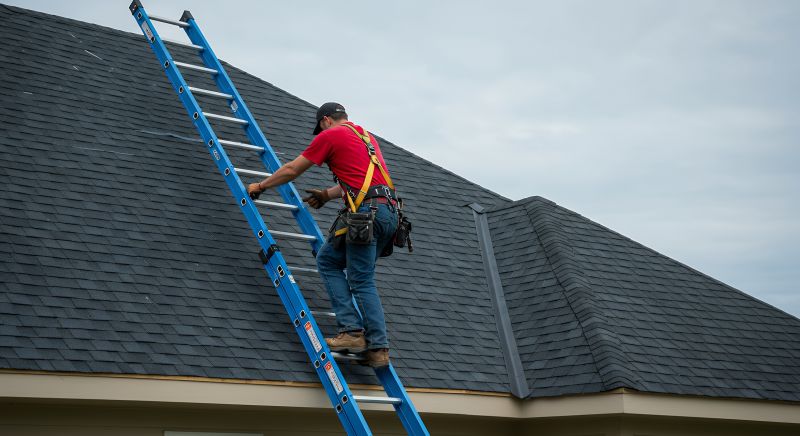
Warm weather facilitates quick work but requires precautions against high temperatures.
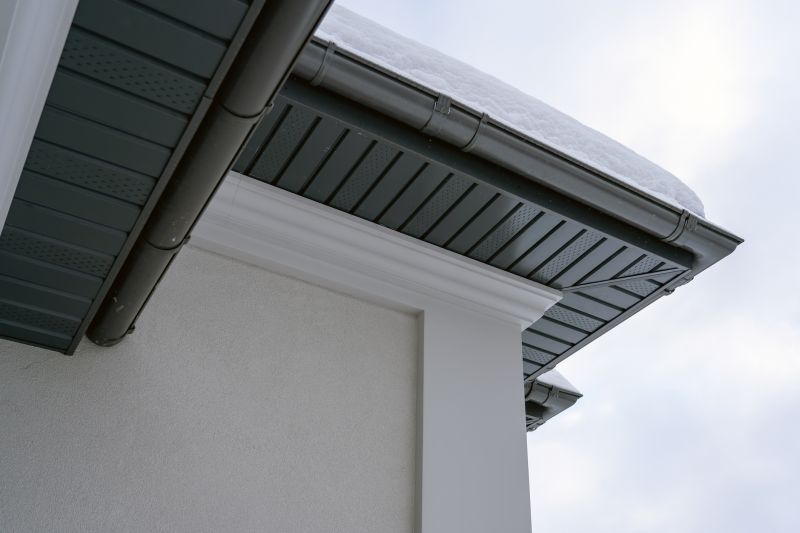
Ideal for completing projects before winter hits.
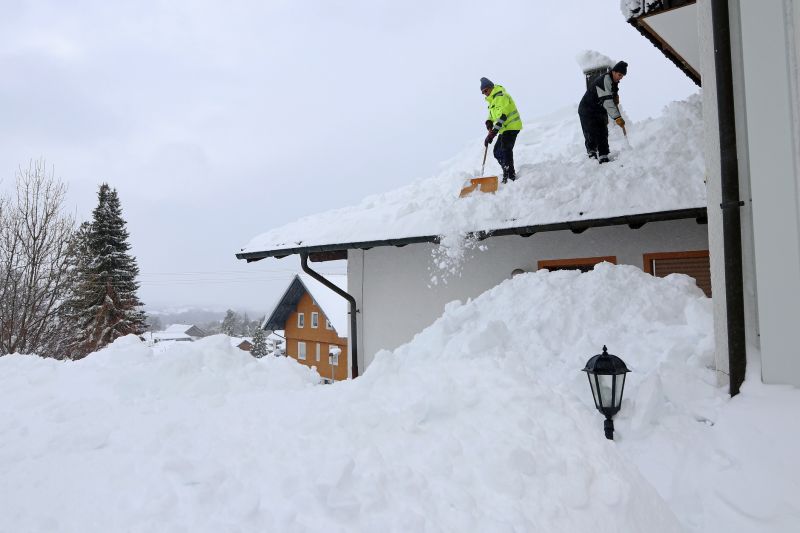
Less suitable due to weather constraints, but necessary for emergency repairs.

Spring is a good time for thorough inspections after winter.

Regular maintenance during summer can extend roof lifespan.

Preparing roofs for winter weather reduces potential damage.
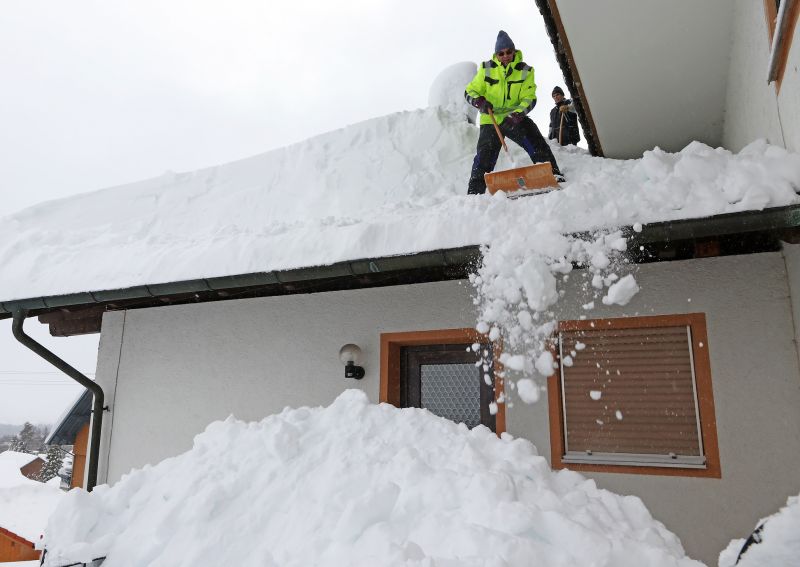
Necessary repairs during winter, despite challenges.
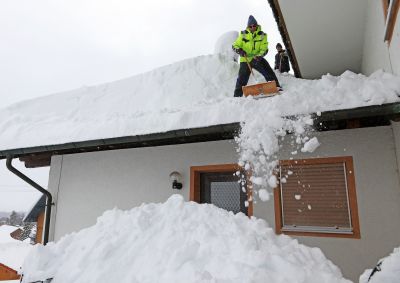
Understanding seasonal impacts helps in planning roofing projects effectively.
| Season | Best Uses |
|---|---|
| Spring | Ideal for new installations and repairs due to moderate weather. |
| Summer | Suitable for extensive projects with precautions against heat. |
| Fall | Great for completing projects before winter. |
| Winter | Limited to emergency repairs and inspections. |
Roofing services encompass a range of activities including repairs, replacements, inspections, and maintenance. Proper timing ensures that materials are installed under optimal conditions, reducing the risk of issues such as leaks, warping, or premature deterioration. Seasonal considerations are vital to achieving long-lasting results and maintaining the integrity of a roof.
Statistics indicate that roofing projects conducted during favorable weather conditions tend to have fewer delays and higher success rates. For instance, spring and fall are often preferred due to stable temperatures and lower humidity, which support proper adhesion and curing of roofing materials. Planning roofing work during these periods can lead to better performance and durability.

Professional roofing work during optimal seasons ensures quality results.

Thorough inspections help identify issues early, especially after harsh weather.

Timely repairs prevent further damage and extend roof lifespan.

Proper timing supports durable and effective installation.
Interested individuals should consider scheduling roofing services during the most suitable seasons to ensure the best results. Filling out a contact form can facilitate planning and coordination for upcoming projects.



